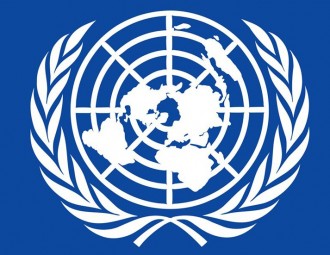New UNDP Country Program for Belarus adopted

The budget of the program is estimated at $82 million.
The Executive Board of the United Nations Development Programme, the United Nations Population Fund and the United Nations Office for Project Services (UNDP/UNFPA/UNOPS) have unanimously adopted the UNDP Country Program for Belarus for 2016-2020, informs the press service of the Belarusian Ministry of Foreign Affairs.
The budget of the program is estimated at $82 million. The UNDP, within the framework of the program, will streamline its support for Belarus to strengthen the effective and responsive governance at all levels, achieve sustainable economic growth, advance women's participation in the political and economic life of the country, progressively deliver universal access to basic services and promote healthy lifestyle, with a focus on vulnerable groups: the poor and persons with disabilities, young people and the elderly.
The representative of the Belarusian delegation praised a successful 20-year partnership between Belarus and UNDP as well as the efforts of the UNDP's Regional Bureau for Europe and the Commonwealth of Independent States and the UNDP office in Belarus to prepare the new country program document for Belarus. The diplomat of Belarus noted that Belarus aims to continue fruitful cooperation with all partners for achieving the program goals and will make all the necessary efforts for its successful and efficient implementation.
In turn, Cihan Sultanoglu, the director of regional bureau of the UNDP for Europe and the CIS expressed gratitude to the government of Belarus for its support and assistance for the preparation of the program. The director also expressed confidence in the continuation of close cooperation with the Republic of Belarus.
-
03.01
-
07.10
-
22.09
-
17.08
-
12.08
-
30.09



























